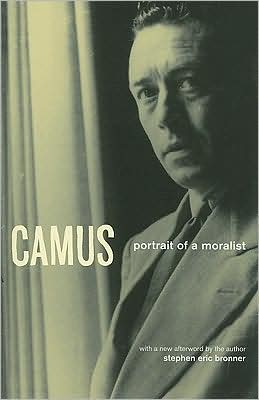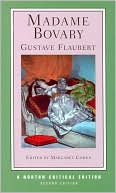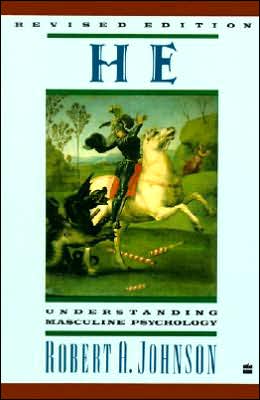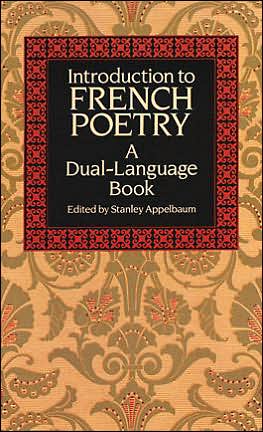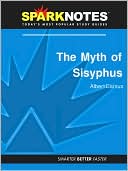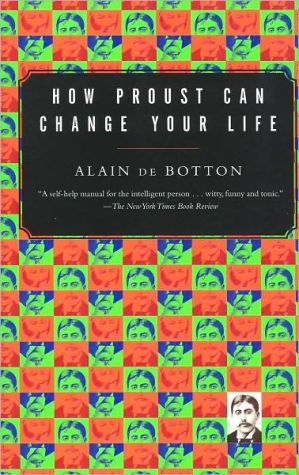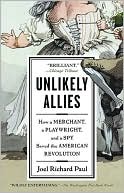Camus: Portrait of a Moralist
Decades after his death, Albert Camus (1913–1960) is still regarded as one of the most influential and fascinating intellectuals of the twentieth century. This biography by Stephen Eric Bronner explores the connections between his literary work, his philosophical writings, and his politics.\ \ Camus illuminates his impoverished childhood, his existential concerns, his activities in the antifascist resistance, and the controversies in which he was engaged. Beautifully written and...
Search in google:
Decades after his death, Albert Camus (1913–1960) is still regarded as one of the most influential and fascinating intellectuals of the twentieth century. This biography by Stephen Eric Bronner explores the connections between his literary work, his philosophical writings, and his politics. Camus illuminates his impoverished childhood, his existential concerns, his activities in the antifascist resistance, and the controversies in which he was engaged. Beautifully written and incisively argued, this study offers new insights—and above all—highlights the contemporary relevance of an extraordinary man. “A model of a kind of intelligent writing that should be in greater supply. Bronner manages judiciously to combine an appreciation for the strengths of Camus and nonrancorous criticism of his weaknesses. . . . As a personal and opinionated book, it invites the reader into an engaging and informative dialogue.”—American Political Science Review “This concise, lively, and remarkably evenhanded treatment of the life and work of Albert Camus weaves together biography, philosophical analysis, and political commentary.”—Science & SocietySubStance"This study retraces the life and career of Albert Camus while elucidating the tumultuous period in which he lived. It features several original readings of major literary and philosophical texts, an incisive analysis of the Camus-Sartre controversy, and a thoughtful re-examination of Camus''s role in the Algerian conflict. It also provides a relevant and respectful look into Camus''s personal life. . . . Bronner portrays Camus with depth, subtlety, and, above all, balance. . . . A lucid and provocative re-thinking of who Camus was, what he meant for the past, and what he might mean for the future."— Steven Hartlaub
preface1early days1YouthReligionExperimentsActivism2the absurd31MeursaultSisyphusCaligula3resistance55CommitmentLanguageSolidarity4limits73The Postwar WorldRebellionCriticismsA Controversy with Sartre5creation corrected107ExileJudgmentThe Kingdom6the legacy143chronology157index163
\ American Political Science Review"A model of a kind of intelligent writing that should be in greater supply. Bronner manages judiciously to combine an appreciation for the strengths of Camus and nonrancorous criticism of his weaknesses. . . . As a personal and opinionated book, it invites the reader into an engaging and informative dialogue."\ \ \ \ \ \ Review of Politics"A short, well-informed, clear and very balanced overview of the life and work of one of the most important European intellectuals of the mid-twentieth century. . . .The book will serve especially well those wanting an overall intellectual portrait of the man. Thus, it would be ideal complementary reading for students of existentialism and European intellectual history."-David Weberman, Review of Politics\ — David Weberman\ \ \ \ Science & Society"This concise, lively, and remarkably evenhanded treatment of the life and work of Albert Camus weaves together biography, philosophical analysis, and political commentary."\ — Kristana Arp\ \ \ \ \ \ SubStance"This study retraces the life and career of Albert Camus while elucidating the tumultuous period in which he lived. It features several original readings of major literary and philosophical texts, an incisive analysis of the Camus-Sartre controversy, and a thoughtful re-examination of Camus''s role in the Algerian conflict. It also provides a relevant and respectful look into Camus''s personal life. . . . Bronner portrays Camus with depth, subtlety, and, above all, balance. . . . A lucid and provocative re-thinking of who Camus was, what he meant for the past, and what he might mean for the future."\ — Steven Hartlaub\ \ \ \ \ \ Library JournalArguing that a balanced philosophical and artistic treatment of Albert Camus is lacking, Bronner (political science/comparative literature, Rutgers Univ.) combines biographical facts with analyses of Camus's novels and plays to elucidate Camus's role as a moralist. He succeeds in explaining Camus's unique sense of personal responsibility and his lucidity, tolerance, and honesty. Bronner's discussion of Camus's earlier works like The Stranger and Caligula offer few new insights, but his helpful analyses of the play The Just and the treatise The Rebel clarify Camus's political ethics, whereby murder in most cases cannot be justified. Such a stance distanced Camus from fellow existentialist Jean-Paul Sartre, who insisted on political "engagement" and who continued to justify the excesses of the Soviet Union for many years. Bronner rightfully concludes that Camus created a "positive morality, if not a sense of ethics, capable of providing rules for secular living." This specialized analysis will appeal to comparativists and literary scholars.--Robert T. Ivey, Univ. of Memphis\ \
